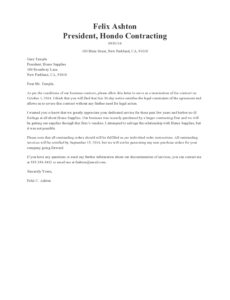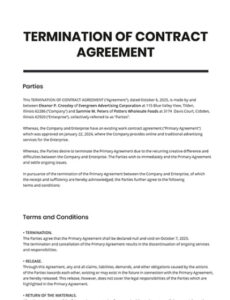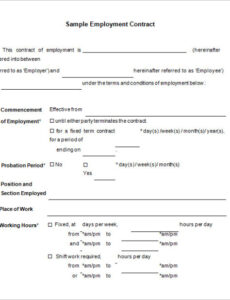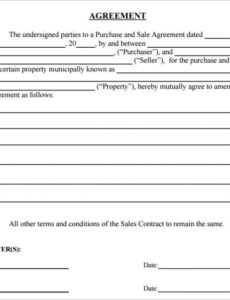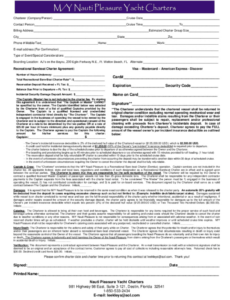Termination of a contract template, Deal laws are very important these days, with a growing number of people and companies entering into arrangements with each other for a variety of functions. Contract law, to put in simple words, is a regulation that governs contracts. Contract law could assume a variety of forms. It might be for example something written on a piece of newspaper or it could be a verbal arrangement, in case it had been to meet the statute of frauds.
Generally speaking, a contract is an agreement between a couple of people, which creates a duty to do or not do a thing. The arrangement comes along with a listing of rights and duties, bounding on the parties involved. In case the arrangement has to be broken, then there are provisions in the law for remedies. Contract laws protect the legal aspects and implications caused by the law. Contract laws determine whether a contract is legally competent. They also treat other related things like whether there were fraudulent measures involved or with processes which specify how a contract is terminated.
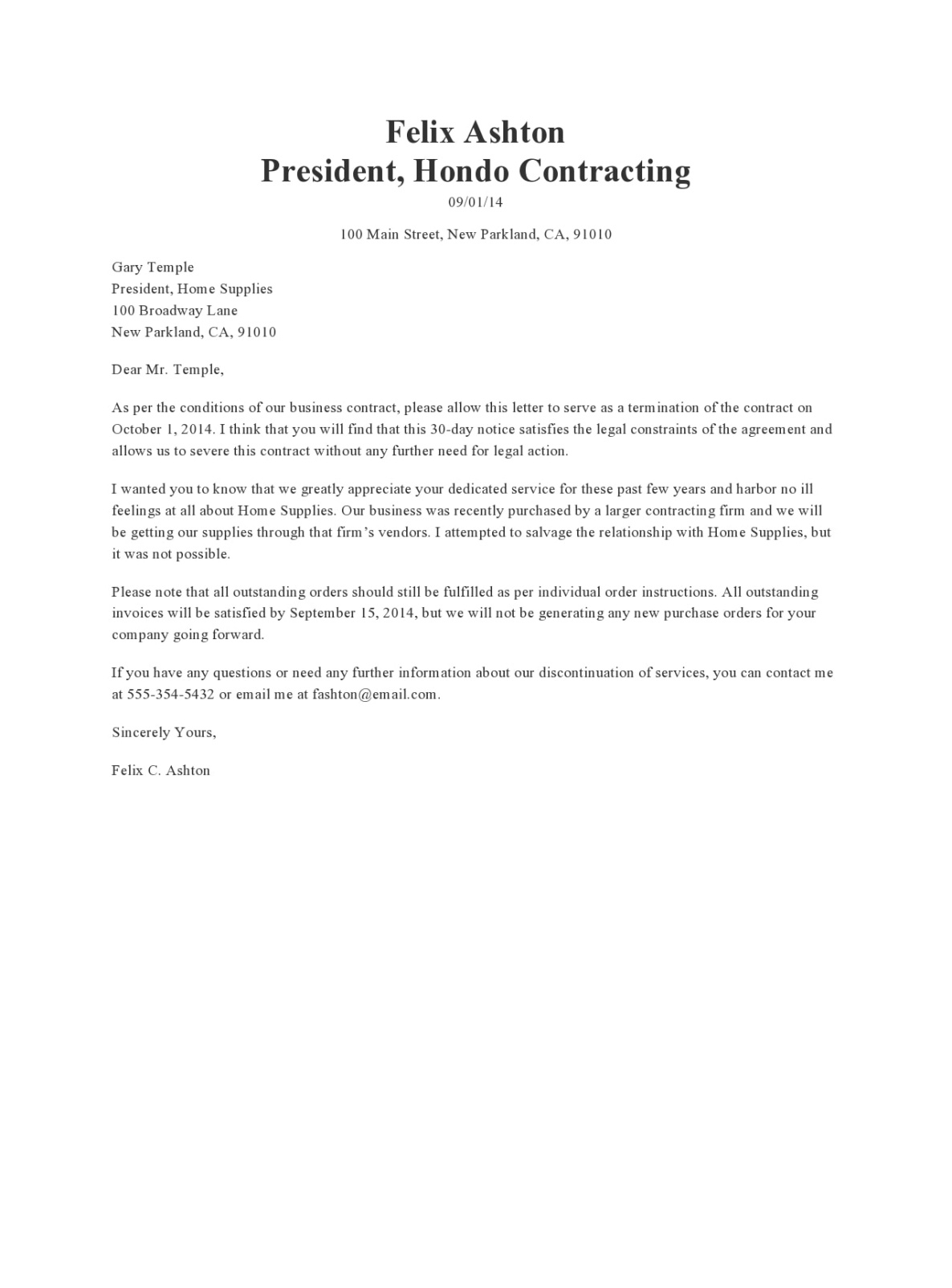
This isn’t the first book I would recommend or seem to for the novice wanting to write a contract, nor will that publication have sample contracts or forms to several circumstances. This book does include is an alphabetical list of just about anything you can think of involving contracts. It’s just a contract encyclopedia. (While it has definitions such as a dictionary occasionally, the entries tend to be much more like an encyclopedia than dictionary.)
The man who writes the contract is also an important facet of the entire legal process involved with contract legislation. Thus in the event of any error which appears as a result of the faults of this writer, the author is bound to face the consequences, which are usually in monetary terms. An individual can get extensive information on contract legislation by doing just a little bit of search on online tools dedicated to the subject. One can find literally hundreds of web sites with perspectives on contract legislation by leading lawyers.
Most law firms, especially small law firms, find the use of agency attorneys to be quite a good way to maintain flexibility and expand their law company without hiring in-house, salaried attorneys. Firms are legally permitted to add a reasonable surcharge to the fees of the typical attorneys. In a slowing market, the use of contract attorneys helps give firms a competitive advantage, decreasing costs while increasing efficiency. As contract legislation becomes an increasingly larger sector of the law industry, attorney agencies are becoming more numerous. These are basically companies that find jobs for attorneys to perform and take a small charge for their services. Some firms who use contract lawyers prefer to undergo these agencies since they (the services ) require a particular quality and professionalism from the lawyers that they signify.


